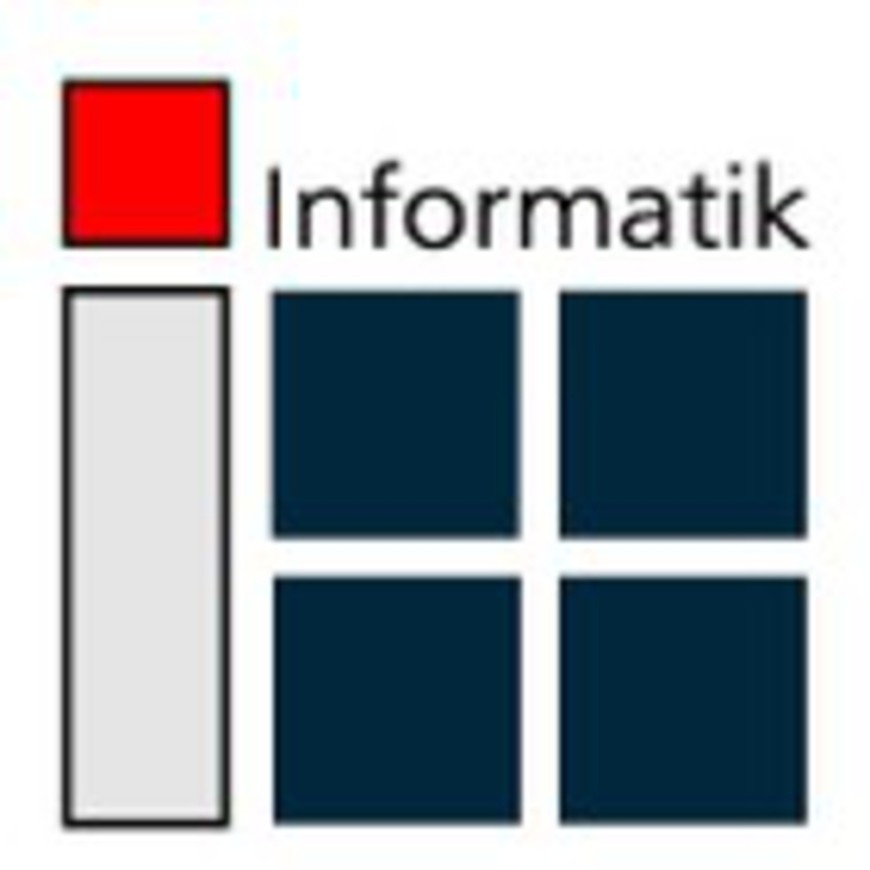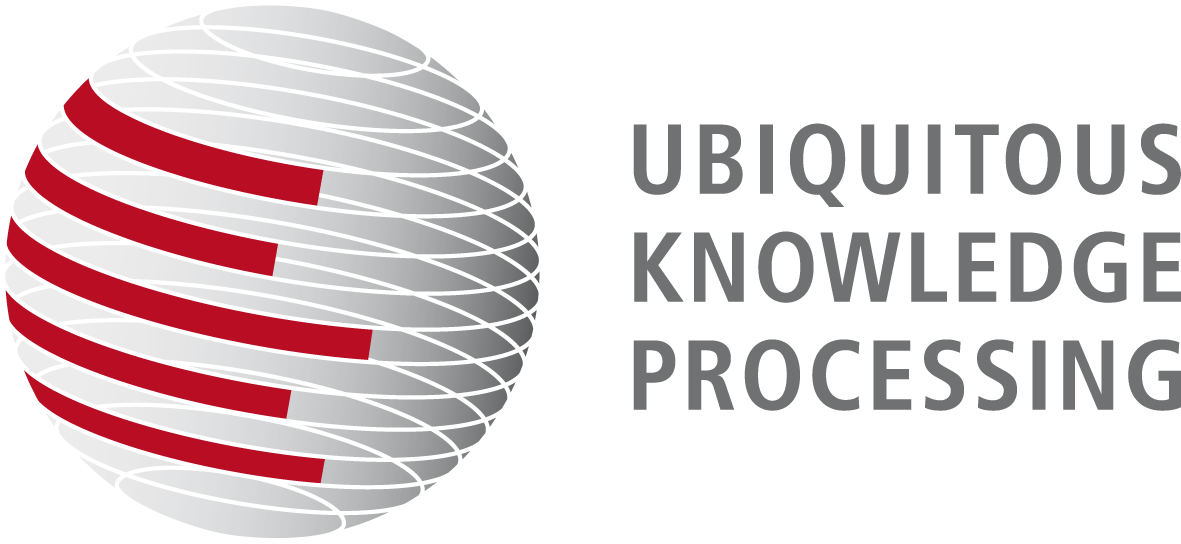Invited Talk by Prof. Dr. Marc Rittberger
2012/02/06

Semantically Enhanced Virtual Research Environment for Historical Research.
Title : Semantically Enhanced Virtual Research Environment for Historical Research
Time: Thursday, February 23, 2012, 15:00
Location: Room S2|02|C110 (Hochschulstr. 10)
Speaker: Marc Rittberger studied Physics and Information Science in Karlsruhe and Konstanz. He obtained his PhD (1995) in Information Science. After the appointments in Düsseldorf and Geneva, he became responsible for Information Center for Education at the German Institute for Educational Research and Educational Information (DIPF) in 2005. He is currently leading the Information Center for Education and the Library for Research on Educational History and is the Director of DIPF. Marc Rittberger works on the topics of information use and information quality in the context of information retrieval and information management. Thereby, the priority topic is to employ information processing systems for education. This is addressed with the help of a wide range of research methods.
Abstract: Virtual research environments (VREs) aim to enhance research practice and have been identified as drivers for changes in libraries. In this talk, we argue that VREs in combination with Semantic Web technologies offer a range of possibilities to align research with library practices. The main claim of this DFG-funded project is exemplified by a metadata integration process of bibliographic data from libraries to a VRE which is based on Semantic MediaWiki. The integration process is based on: (i) MediaWiki as a web-based repository, (ii) Semantic MediaWiki annotation mechanisms, and (iii) the semi-automatic workflow management for the integration of digital resources. Thereby, the needs of scholarly research and capacities for interactions are taken into account. The integration process is part of the design of Semantic MediaWiki for Collaborative Corpora Analysis (SMW-CorA) which uses a specific research project in the history of education as a reference point for an infrastructural distribution. Semantic MediaWiki thus facilitates a light-weight environment offering a framework for re-using heterogeneous resources and a flexible collaborative way of conducting research.


